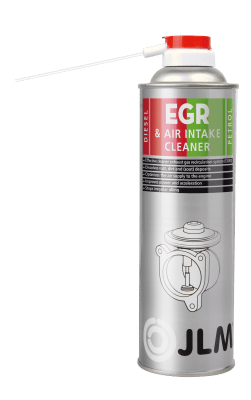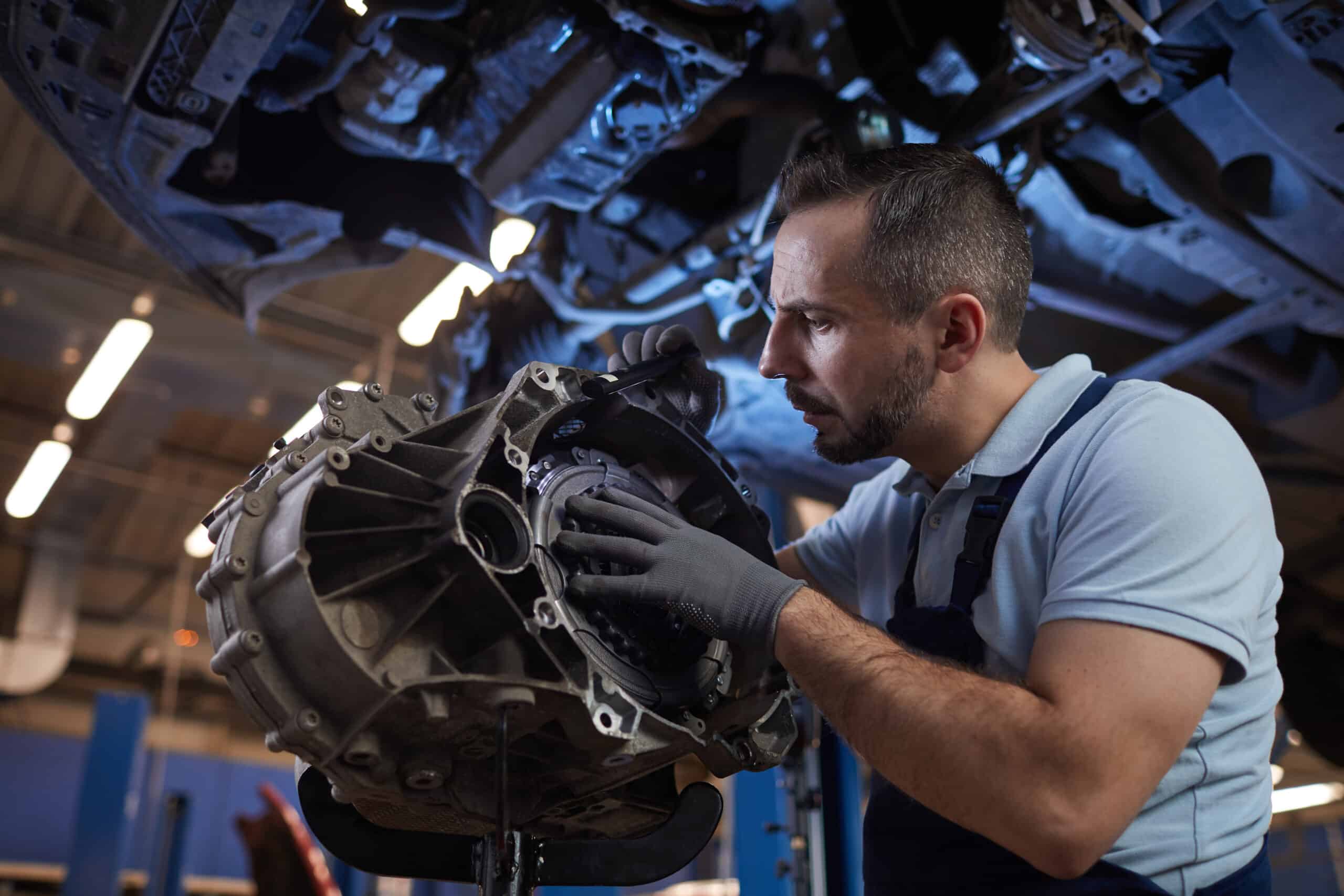JLM Diesel Air Intake & EGR Cleaner removes stubborn dirt including rust deposits from the air intake and exhaust gas recirculation system!
Product information
Why do diesel engines need EGR valve and air intake cleaning?
In diesel engines, soot build-up and deposits occur due to low rpm driving, eco-driving habits, or short trips. This fouling spreads throughout the intake system, leading to issues such as:
- Irregular idling.
- Loss of engine power.
- Increased exhaust smoke.
- Engine stalling.
Regular driving alone cannot resolve this buildup, so thorough cleaning of the exhaust gas recirculation (EGR) valve and the intake system is essential.
What is JLM Diesel Air Intake & EGR Cleaner?
JLM Diesel Air Intake & EGR Cleaner is a powerful, easy-to-use cleaner designed to:
- Remove carbon deposits from the air intake manifold and EGR valve.
- Clean intake valves in the cylinder head.
- Restore proper air supply to the engine.
This effective diesel air intake and EGR cleaner improves engine performance, boosts acceleration, and reduces black smoke emissions.
How to use JLM Air Intake and EGR Cleaner
Use Diesel Air Intake & EGR Cleaner if the engine idles irregularly or cuts out spontaneously. Follow these steps to clean your engine effectively:
Preparation
- Warm up the engine.
- Remove the flexible hose in the air intake system based on the area to be cleaned:
- Between turbocharger/intercooler and air intake manifold (air intake manifold and inlet valves).
- Before the turbocharger (air intake system).
- Before the EGR valve (EGR valve).
Please note:
- Do not spray directly through the intercooler.
- Do not spray liquids into the turbo and/or intercooler.
- When applying JLM EGR Cleaner the engine rpm can increase or decrease and diesel knocking may occur. This is due to the addition of liquid, and the change in the air/fuel ratio.
- On some vehicles application is easier with the use of the additional extension tube
Application
- Start the engine and let it idle.
- Spray short intervals (1–2 seconds) into the air intake manifold, pausing to let the engine rpm stabilise after each spray.
- If engine rpm drops, gently accelerate (up to 2000rpm).
- If engine rpm increases or diesel knocking occurs, leave the engine at idle during application – do not accelerate.
- Continue spraying until half the aerosol is used.
Post-cleaning
- Let the engine idle for 2 minutes.
- Stop the engine and then reconnect the air intake hose.
- Restart the engine and accelerate 5–10 times (do not exceed 2500rpm), or drive 3–5 miles to expel carbon deposits.
- Let the engine idle for at least one minute before shutting it off.
These instructions will help you to carry out a thorough cleaning procedure. However, if you have any doubts, we advise you to stop the procedure and ask for advice from us or from a professional car mechanic.
Why choose JLM Diesel Air Intake & EGR Cleaner?
JLM Diesel Air Intake & EGR Cleaner is an efficient solution for cleaning diesel intake systems and EGR valves. It’s easy to use, highly effective, and prevents costly repairs by maintaining proper engine function. Whether you’re a DIY car owner or a professional mechanic, this cleaner is an essential tool.
Related EGR and air intake cleaning products
Diesel:
- JLM Intake Cleaner J02290
- JLM Diesel Intake Extreme Clean Fluid Pack
- JLM Diesel Intake Extreme Clean Toolkit
Petrol:
- JLM Intake Cleaner J02290
- JLM Petrol Extreme Clean
- JLM Petrol GPF Cleaner
- JLM Petrol Injector Cleaner
FAQs about EGR valve and air intake cleaning
How often should the EGR Valve be cleaned?
For optimal performance, clean the EGR valve and air intake system regularly, especially if you frequently drive at low rpms or make short trips. On average, it is recommended that the EGR valve and air intake system are cleaned every 50,000 miles.
Does cleaning the EGR valve and air intake system really work?
Yes! Cleaning your EGR valve and air intake system with a trusted EGR cleaner like JLM restores its functionality, reduces emissions, improves overall engine efficiency and saves you money on costly repairs in the future..
Frequently
asked
questions
These are the most common questions we get from a potential distributor.



